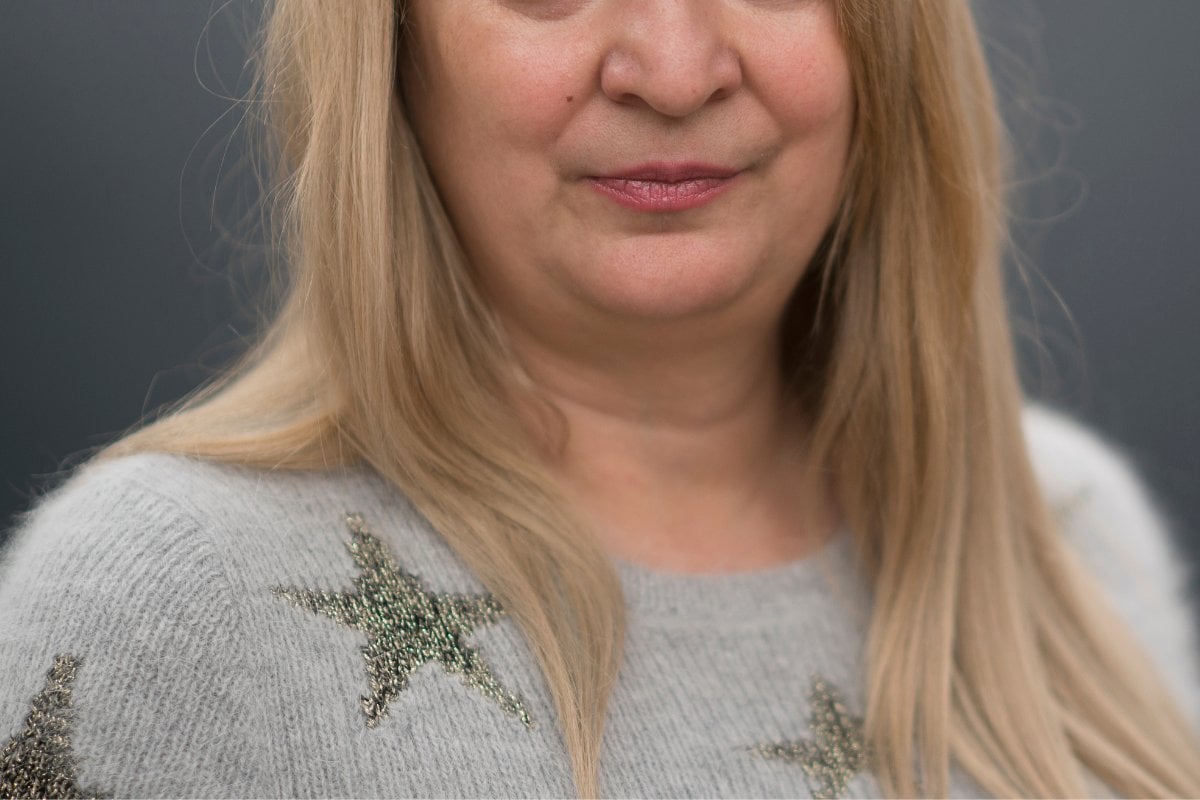
Melissa* can’t remember a time in her life when she felt comfortable in her body.
Growing up as one of five kids, her brothers and sisters were all athletic. “I was the odd one out,” she tells Mamamia.
"I think I developed into womanhood a bit quicker, and that’s when I really started to notice I’m not as skinny as the other girls."
Despite being no bigger than a size 14, when she was in Year 7, she recalls her mum sending her to a personal trainer.
"My mum was really anti-bigger people," Melissa says. "She planted that seed in me from a very young age.
"She used to make comments all the time. Instead of buying me clothes that fit, she’d always buy me clothes a size smaller."
From there, Melissa says, her mental health got worse over the years. Her mum would put her on strict diets, causing her to binge eat when she got home from school because she was "starving".
This unhealthy relationship with food continued into adulthood, resulting in more weight gain.
After having her two kids, now seven and five, Melissa was determined to find a "long-term solution" to weight loss.
She knew some people who’d had gastric sleeve surgery in Australia with positive results but after making enquiries; she knew there was no way she could afford the $20,000-$30,000 cost as she didn’t have health insurance.


Top Comments